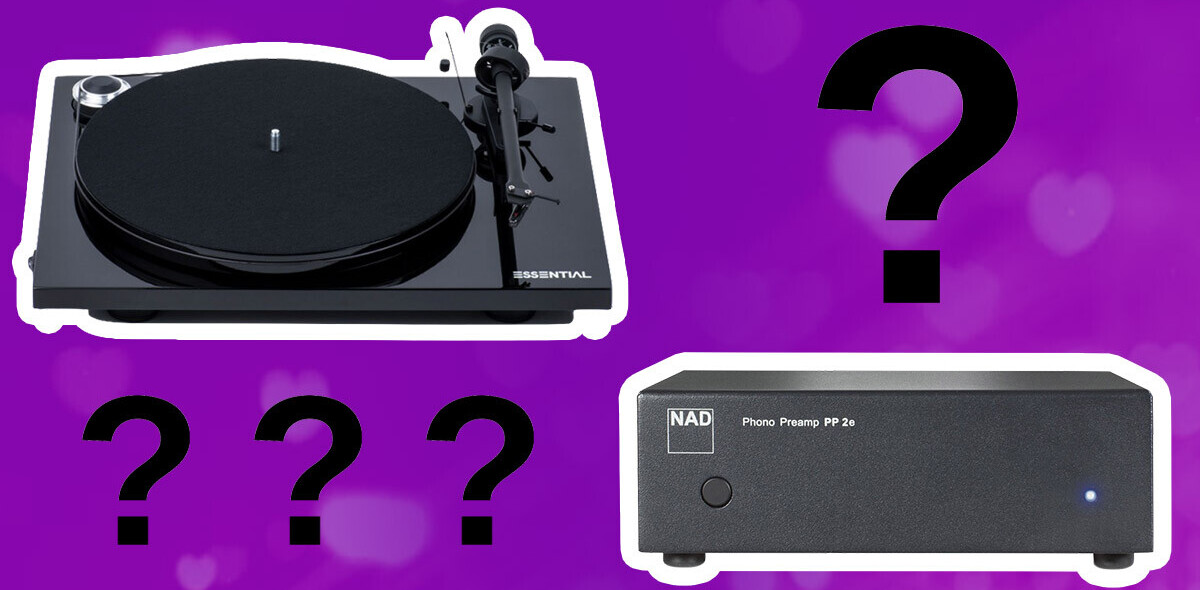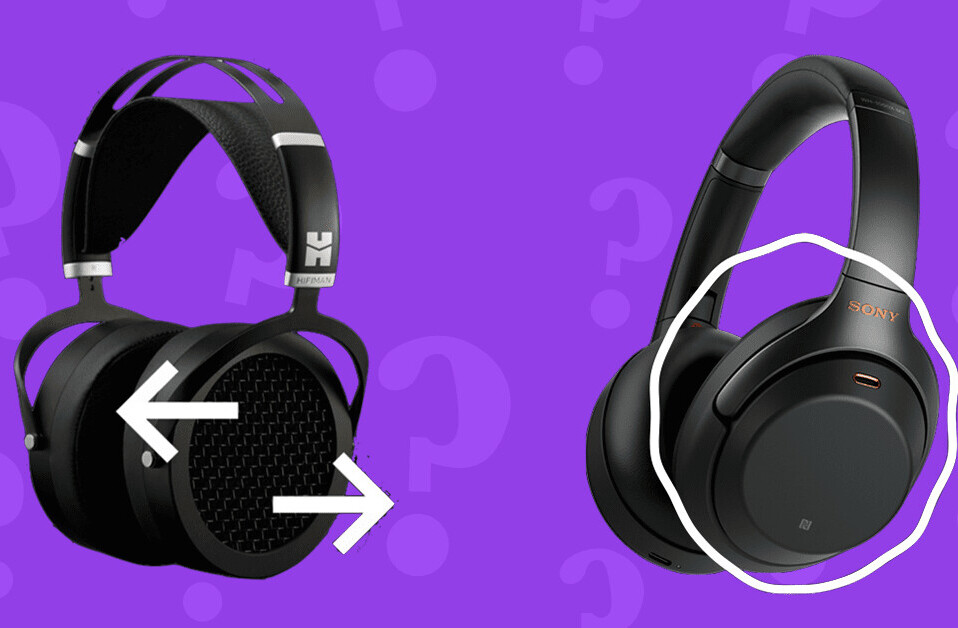
In the latest drama Warner Bros. Records (WBR) along with other plaintiffs are now claiming that the music search engine SeeqPod is infringing their (and others) copyrights by making music available via the service which allows users to actually listen to music on the site, albeit that music is primarily published and hosted by third parties!
But if SeeqPod is guilty of copyright infringement then so is Microsoft with Internet Explorer in which viewers can gain access to registered material (illegally), Adobe would be liable because they developed Flash that allows users to watch films in full screen on their computers (thank you Adobe!), everyone who embeds music or videos on their blogs, MySpace because they allow people to embed playlists, any company that makes embeddable widgets for video, music and books, Amazon for their new Kindle, even computer manufactures etcetera, etcetera, etcetera!
See, SeeqPod does not host, cache, nor publish any of the content themselves. WBR makes a long winded argument that basically boils down to one essential claim:
“Through its conduct averred herein, SeeqPod has infringed Plaintiffs’ copyrights in their works, including by publicly performing audio works embodying the copyrighted material (including by means of digitial audio transmissions) without authorizations in violation of sections 106 & 501 of the COPYRIGHT ACT 1976“.
As you can probably imagine Section 106 / 501 basically grants exclusive rights of copyrighted works to the rights holders. However, Sect.111(a)(3), which WBR has totally ignored in their argument provides limitations on these exclusive rights:
Sect. 111. Limitations on exclusive rights: Secondary transmissions
(a) Certain secondary transmissions exempted.
The secondary transmission of a primary transmission embodying a performance or display of a work is not an infringement of copyright if-(3) the secondary transmission is made by any carrier who has no direct or indirect control over the content or selection of the primary transmission or over the particular recipients of the secondary transmission, and whose activities with respect to the secondary transmission consist solely of providing wires, cables, or other communications channels for the use of others: Provided, That the provisions of this clause extend only to the activities of said carrier with respect to secondary transmissions and do not exempt from liability the activities of others with respect to their own primary or secondary transmissions;
While I am no lawyer (I’m a coder) and am not qualified to advise on legal issues what this states in English is: a provider of a secondary transmission or (supplying users access to content that is primarily published by others) is not an offense under the act if you have no control over the primary publishers. Provided SeeqPod does not stop WBR from pursuing the primary publishers Which they don’t, they even provide all their details so WBR and their cohorts can go and get the little ‘criminals’.
This exemption is very necessary. Despite the terminology being somewhat dated, the reason providers of secondary transmissions are NOT libel for copyright infringement is simply because they provide a service that allows users access to such is because everyone from the cable providers to the browser providers that allow users to view the content would also be liable if it was absent.
Clearly this is a tactic by WBR to intimidate SeeqPod into submission, in reality (a court of law) this case would be IMPOSSIBLE to prove (in my non expert opinion), not least completely pointless, for there are hundreds of similar search engines that also provide services such as SeeqPod and with a few clicks on their mouses, users will continue to enjoy such services elsewhere because the primary publishers would still be publishing.
But every argument has two sides and it would be a great loss to society if the major content providers such as WBR were forced out of business. Clearly times are changing and the labels have to cut their losses, recognize that the market is no longer theirs exclusively, that other distributors are now in town using more elegant technology which allows them to cut costs and effectively provide content for next to nothing.
The only sensible solution for content providers is to develop advertising based delivery systems that compete with the new kids on the block. Which they can easily do. Services such as SeeqPod are generally very unreliable (over 50% of the links I checked on Seeqpod were dead) and as the primary publishers suffer costs for the bandwidth that others use, it is in their own interests to protect themselves or in other words not to host or publish such content.
However online advertising is still very much in its infancy and needs to drastically develop (which it will do) before the revenues will start to generate profits like the good old days, but instead of whining about the issues in long drawn out legal complaints, WBR et al should hire themselves the best coders and hackers they can lay their hands on and start building similar systems that work reliably, offer free content while incorporating effective advertising to cover their costs and make those lovely profits that they like to hide away in Delaware incorporated (protected) bank accounts.
My advice to the plaintiffs is to fire their lawyers and start hiring quality hackers quickly. And a little tip: hackers are generally cheaper than your average lawyer!
Get the TNW newsletter
Get the most important tech news in your inbox each week.





